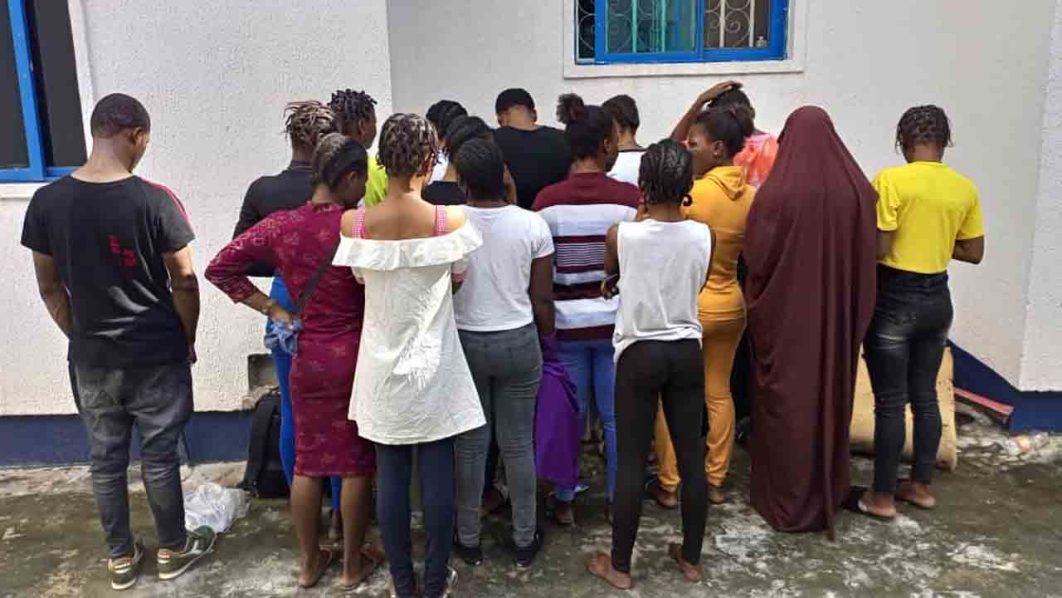
The Executive Secretary of the National Human Rights Commission (NHRC), Dr. Anthony Ojukwu, SAN, has implored media practitioners to take an active role in dismantling the pervasive architecture of human trafficking.
Speaking at a capacity-building workshop held in Keffi on Wednesday, Dr. Ojukwu stressed the media’s crucial responsibility in shaping public discourse and influencing policy on human rights and migration.
The two-day training, organised by the NHRC in collaboration with the Office of the High Commissioner for Human Rights (OHCHR), focused on a human rights-based approach (HRBA) to migration, the prevention of trafficking in persons, and the smuggling of migrants.
The training aims to equip media professionals with the knowledge and skills necessary to report on these issues ethically, accurately, and sensitively.
Dr. Ojukwu noted the media’s power in framing narratives can either perpetuate harmful stereotypes or promote empathy and understanding. “Your reporting can shape public perception, influence policymaker priorities, and ultimately impact the lives of migrants,” he stated.
He urged journalists to adopt a solutions-oriented approach in their storytelling, one that challenges xenophobic narratives and advocates for the rights and dignity of migrants.
READ ALSO: NSCDC busts human trafficking ring, rescues nine in Oyo
He expressed confidence that the training would enhance participants’ understanding of trafficking in persons (TiP), smuggling of migrants (SoM), and HRBA to migration, leading to improved coverage of these critical issues.
Dr. Ojukwu reminded attendees that human rights are universal, indivisible, and interdependent and that the protection of these rights must be at the forefront of all migration-related discourse.
Meanwhile, the United Nations, through its PROMIS project, has partnered with the OHCH and the United Nations Office on Drugs and Crime (UNODC), with the support of the Netherlands to enhance the rights of migrants.
Also speaking at the opening of the workshop, a Senior Human Rights Adviser, Office of the UN Resident/Humanitarian Coordinator, Adwoa Kufuor-Owusu, said the crucial role of the media in shaping public opinion and influencing policymaking on migration.
The adviser highlighted that accurate, ethical journalism is more important than ever in an age where misinformation and stigmatisation can easily distort public perception.
Participants of the two-day workshop will engage in sessions covering migration terminology, gender-sensitive reporting, ethical photojournalism, and how to report on vulnerable sources of information.
The goal is to foster fact-based journalism that integrates a human rights-based approach, ultimately contributing to more comprehensive and informed reporting on migration.
According to her, the project underscores the need for independent, ethical journalism in Nigeria, particularly as it pertains to complex issues like migration.
Kufuor-Owusu added that the OHCHR and the broader UN system are committed to supporting journalists in this endeavour, providing resources and guidance to help them improve coverage and news content related to migration.



